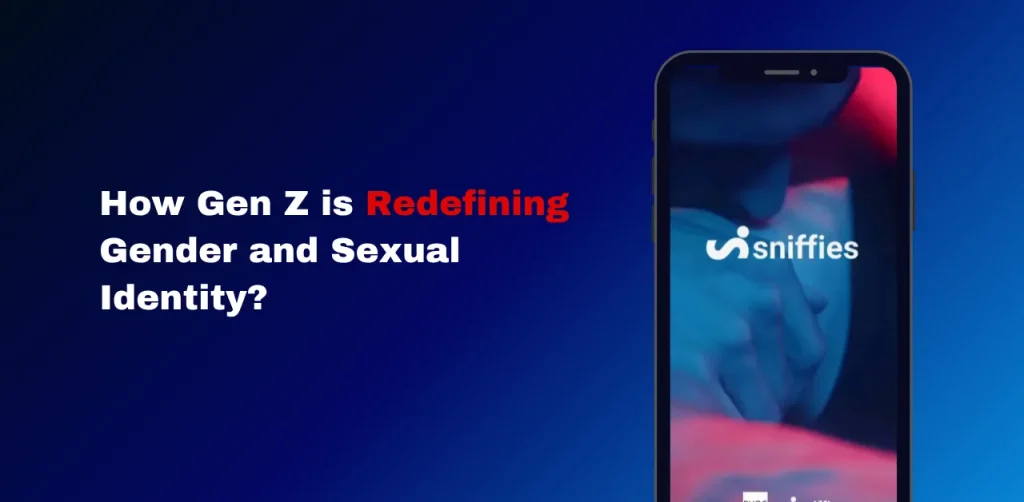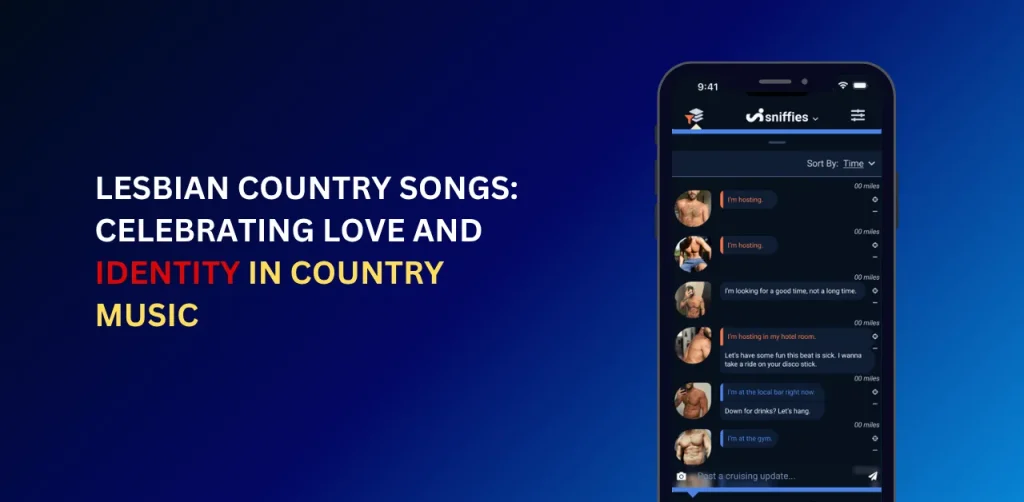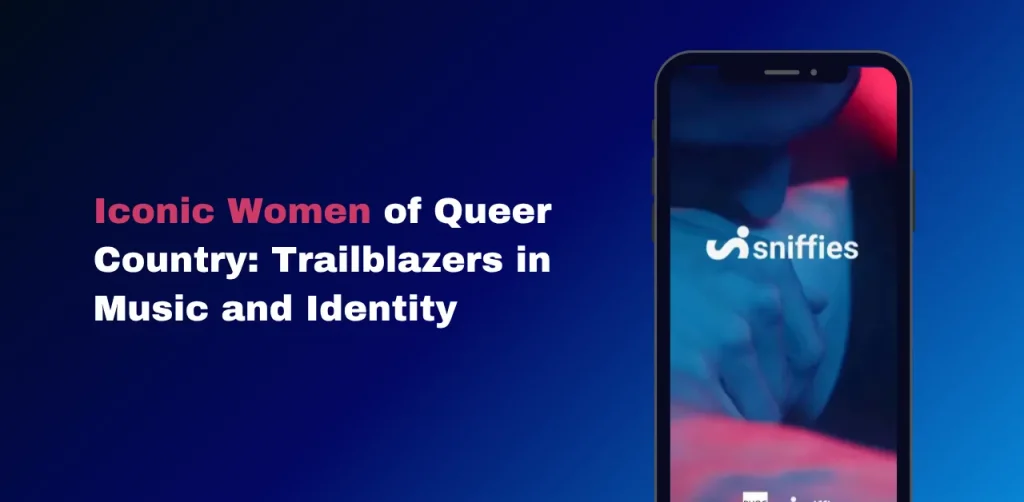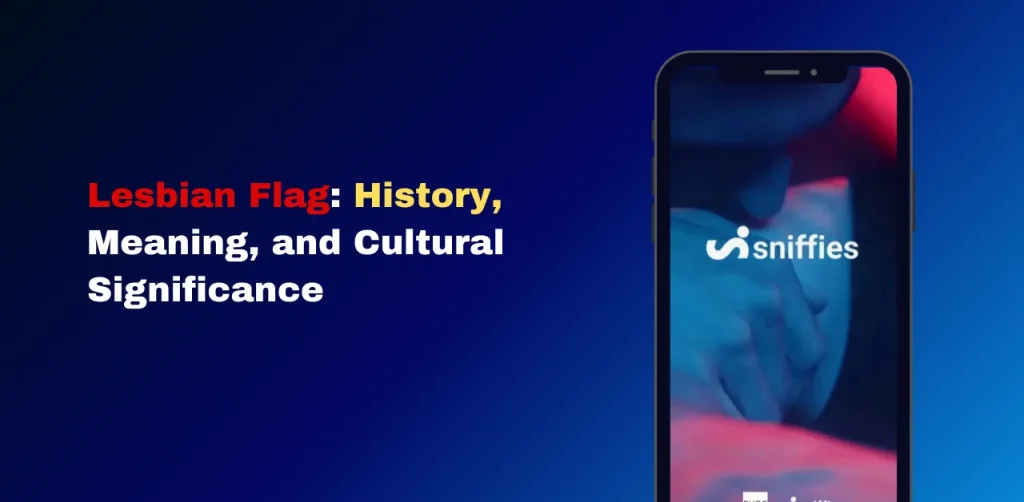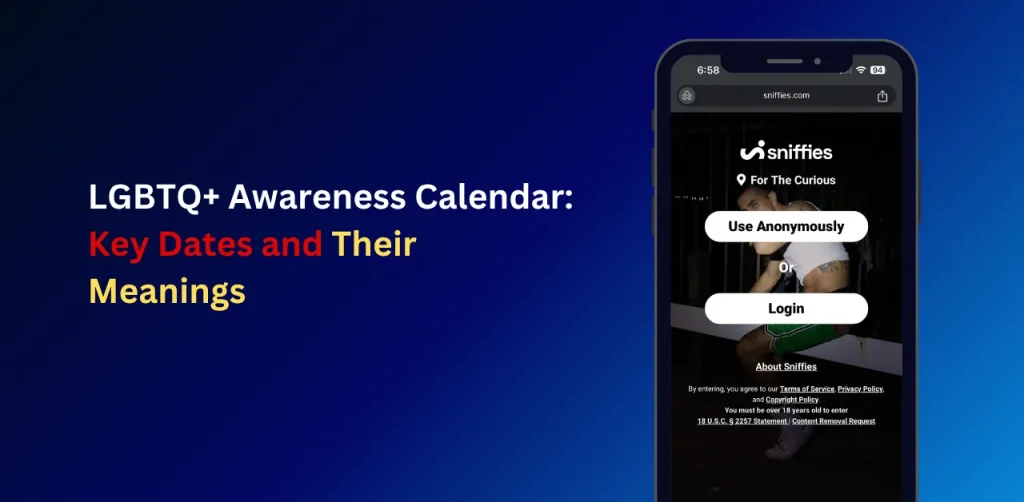Discrimination in Healthcare: LGBTQ Experiences
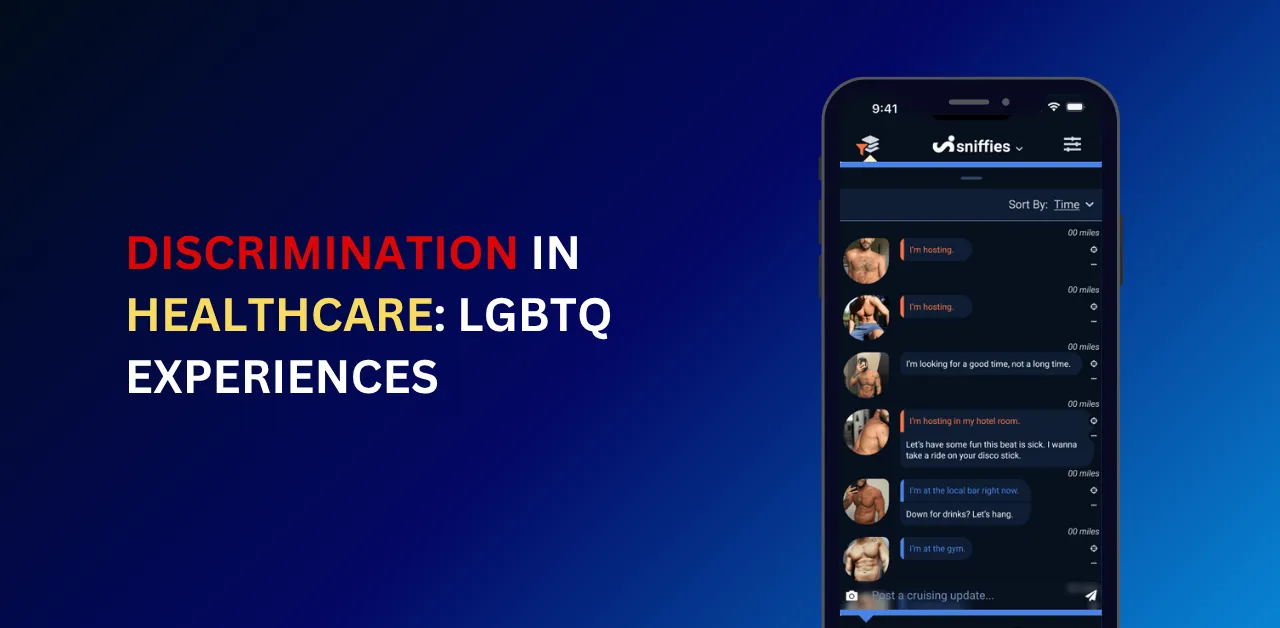
LGBTQ Discrimination in healthcare hurts patients and communities. It leads to worse care and mistrust. This guide explores why it happens, its impact, and how to fix it. Let’s make healthcare fair for all! 🩺
Why Discrimination in Healthcare Matters
Discrimination in healthcare blocks equal care. 21% of U.S. adults report facing it, with higher rates for Black (28%) and LGBTQ (36%) patients. It causes poorer health, mistrust, and skipped visits. Fair care saves lives and builds trust.
Types of LGBTQ Discrimination in Healthcare
Discrimination takes many forms:
- Racial/Ethnic Bias: Black and Latino patients get fewer tests or treatments.
- Gender Bias: Women’s symptoms are often dismissed as “anxiety.”
- LGBTQ Bias: 18% of LGBTQ adults avoid care due to bias fears.
- Socioeconomic Bias: Low-income patients face poorer service.
- Language Barriers: Non-English speakers get less clear explanations.
How Discrimination Affects Patients
Discrimination harms health and trust:
- Worse Outcomes: Black patients have 20% higher heart disease mortality.
- Mental Health: Discrimination raises stress and depression rates.
- Avoided Care: 23% of transgender patients skip doctor visits.
- Mistrust: 14% of Hispanic patients feel disrespected by providers.
- Delays: Women wait longer for pain treatment than men.
Causes of Discrimination in Healthcare
Why does this happen?
Implicit Bias
- What It Is: Unconscious stereotypes affect care decisions.
- Example: Doctors may assume Black patients need fewer pain meds.
- Impact: Leads to unequal treatment and misdiagnoses.
Systemic Issues
- Policies: Some hospitals lack diversity training.
- Access: Low-income areas have fewer healthcare options.
- Staffing: Only 5% of U.S. doctors are Black, limiting representation.
Lack of Training
- Cultural Competence: Only 20% of nurses feel trained for diverse patients.
- LGBTQ Awareness: 50% of providers lack training on queer health needs.
- Language Skills: 30% of hospitals lack interpreter services.
Real Stories of Discrimination
Patients share their experiences:
- Maya, 30, Black: “My doctor ignored my pain. Said it was ‘stress.’”
- Sam, 25, Trans: “A nurse misgendered me and laughed.”
- Lila, 40, Latina: “I got no translator. I didn’t understand my diagnosis.”
Solutions to End Discrimination in Healthcare
Here’s how to make healthcare fair:
- Train Providers – Teach cultural competence and implicit bias awareness.
- Hire Diversely – Increase Black, Latino, and LGBTQ staff.
- Improve Access – Offer sliding-scale fees for low-income patients.
- Use Interpreters – Provide language services in all hospitals.
- Listen to Patients – Add discrimination questions to surveys.
Trends in Fighting Discrimination
What’s new in 2025?
- AI Audits: Hospitals test algorithms for bias, per AHRQ guidelines.
- Diversity Goals: 60% of hospitals set hiring targets for minorities.
- Patient Feedback: Apps like HealthEquity collect discrimination reports.
- Laws: 5 states pass laws for LGBTQ healthcare protections.
- Training: Online courses for cultural competence grow 30%.
Benefits of Fair Healthcare
Ending discrimination helps everyone:
- Better Health: Equal care lowers mortality rates.
- Trust: Patients feel heard and respected.
- Efficiency: Fewer misdiagnoses save costs.
- Community: Diverse staff build stronger connections.
- Equity: Fair care reduces disparities.
How Patients Can Advocate
Take these steps to fight bias:
- Speak Up: Report discrimination to hospital staff.
- Ask Questions: Demand clear explanations of care.
- Bring Support: Have a friend or advocate at visits.
- Use Apps: Share experiences on HealthEquity or Yelp.
- Join Groups: Connect with PFLAG or NAACP for support.
How does discrimination affect healthcare?
It leads to worse health, mistrust, and skipped visits.
Who faces the most discrimination?
Black, Latino, LGBTQ, and low-income patients face higher rates.
How can we stop healthcare discrimination?
Train providers, hire diversely, and listen to patients.
Why Ending Discrimination Matters
Fair healthcare saves lives. It builds trust and reduces disparities. hospitals are stepping up with training and tech to fight bias. Share your story on X to push for change! Want to help? Check our guide to Social Media as a Safe Space for LGBTQ Youth and make social media & healthcare fair for all! 🌟
You can also read our article on WorldPride and Mental Health Challenges for Transgender Youth


